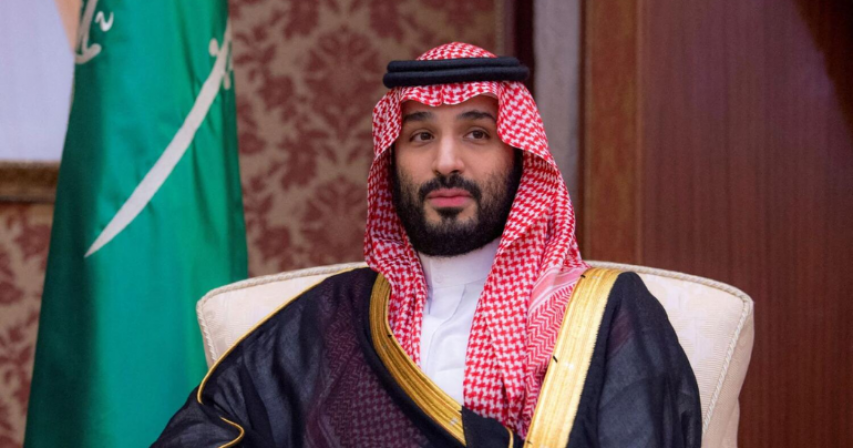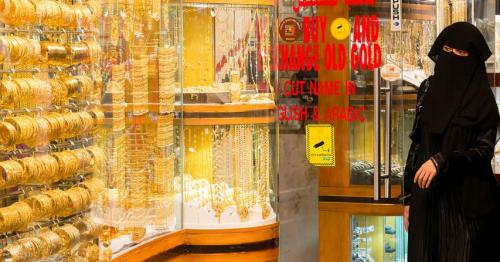Saudi crown prince postpones Japan trip over king's health

Saudi Crown Prince Mohammed bin Salman's planned visit to Japan, slated for May 20-23, has been postponed due to health concerns surrounding King Salman. The decision was confirmed by Japan's Chief Cabinet Secretary, Yoshimasa Hayashi.
The Crown Prince's visit was anticipated to include meetings with Japanese Emperor Naruhito and Prime Minister Fumio Kishida, signifying important diplomatic engagements between Saudi Arabia and Japan. However, the postponement comes as a result of King Salman's health issues, specifically a lung inflammation.
Reports emerged on Sunday indicating that King Salman, aged 88, was experiencing symptoms such as high temperature and joint pain, prompting medical examinations at the royal clinics in Al-Salam Palace, Jeddah. Subsequently, lung inflammation was diagnosed, leading to the necessity of treatment.
This development underscores the significance of the Saudi royal family's health on diplomatic engagements and international relations. King Salman's condition has necessitated a rescheduling of the Crown Prince's visit to Japan, reflecting a prioritization of the monarch's well-being.
The postponement of the visit highlights the interconnectedness of global affairs and individual health, particularly in matters of state diplomacy. As Saudi Arabia navigates this period of concern over the king's health, diplomatic engagements such as the Crown Prince's trip to Japan are subject to adjustments to accommodate the monarch's medical needs.
Furthermore, the announcement underscores the transparency of the Saudi government in providing updates on the king's health status. By reporting on the medical examinations and diagnosis, the Saudi state news agency aims to keep the public informed about developments concerning the monarch's well-being.
This incident also sheds light on the challenges faced by leaders in balancing official duties with personal health concerns, especially in monarchies where the head of state holds significant ceremonial and symbolic roles. In such contexts, decisions regarding official travel and engagements must be carefully considered in light of the ruler's health condition.
Looking ahead, the rescheduling of the Crown Prince's visit to Japan will likely depend on the progress of King Salman's treatment and recovery. The Saudi government will continue to monitor the monarch's health closely while ensuring that diplomatic relations with Japan and other nations remain stable and uninterrupted.
In conclusion, the postponement of Crown Prince Mohammed bin Salman's visit to Japan underscores the paramount importance of King Salman's health and well-being. As Saudi Arabia addresses the monarch's health concerns, diplomatic engagements are subject to adjustments, reflecting the interconnectedness of personal health and international relations.
By: Sahiba Suri





Comments